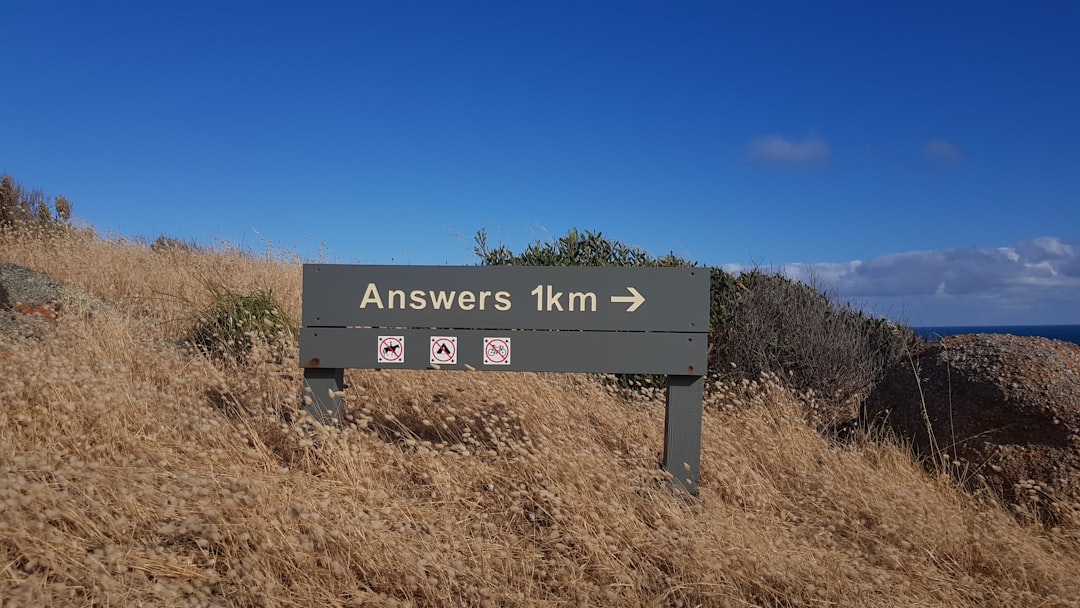
Ever feel like life just keeps tossing curveballs your way, and you're not quite sure how to swing? You're definitely not alone. We all face challenges big and small and sometimes it feels like we're just stuck, spinning our wheels. But what if I told you that getting better at solving problems is a skill you can actually learn and improve? It’s not some magic talent only a few people have.
I’ve certainly had my share of mountains to climb. For years, I battled things like gaming addiction, unhealthy eating habits, and a general lack of direction. It felt overwhelming. Change seemed impossible. But slowly, by learning how to face these issues head-on, I managed to turn things around, losing over 110 pounds and finding a healthier, more purposeful path. A big part of that was figuring out how to tackle the problems in front of me, instead of just wishing they’d disappear.
So, let's talk about some practical ways you can boost your own problem-solving skills. These aren't complicated theories but simple approaches that have helped me and I truly believe they can help you too.
Sharpening Your Problem-Solving Toolkit
Here are 15 ways to get better at finding solutions and moving forward:
-
Clearly Define the Real Problem.
Sometimes what we think is the problem isn't the actual root issue. Take a moment. Ask yourself: What am I truly trying to solve here? Writing it down can help make it clearer. -
Break It Into Smaller Pieces.
Big problems are scary. When I first thought about losing over 100 pounds, it felt impossible. But when I broke it down into smaller goals like "eat one healthy meal today" or "walk for 15 minutes" it became manageable. Do the same with any challenge. -
Ask "Why" a Few Times.
This is a great way to dig deeper. If the problem is "I'm always late for work" ask why. Maybe the answer is "I oversleep." Why? "I go to bed too late." Why? "I'm scrolling on my phone." Aha! Now you're getting to the core. -
Gather Good Information.
Don't just guess. Look for facts. What do you know for sure about the problem? What information are you missing? A little research can go a long way. -
Look at It from Different Angles.
Try to see the problem from other people's perspectives or imagine different scenarios. Sometimes, when I felt stuck with my old habits, trying to see my situation through a lens of faith helped me find new strength and a different understanding of my struggles. -
Brainstorm Solutions – No Judging!
Write down every idea that comes to mind even if it sounds silly at first. Don't filter yourself in this stage. Just let the ideas flow. -
Weigh Your Options.
Once you have a list of potential solutions, start looking at the pros and cons of each. What’s realistic? What’s most likely to work? -
Choose the Best Path Forward.
You’ve thought it through. Now pick the solution that seems best. Trust your judgment. It doesn’t have to be perfect. -
Make a Simple Plan.
How will you put your chosen solution into action? What are the first few steps? Keep it straightforward. A complicated plan is harder to stick to. -
Take That First Step.
This is key. All the planning in the world means nothing without action. I learned that even short bursts of focused effort, like the 2-4 hours of deep work I aim for daily, can achieve a lot. The same applies here. Just start. -
Learn from Your Setbacks.
Not every solution will work perfectly the first time. That’s okay. See mistakes or setbacks as learning opportunities not failures. When I was overcoming bad habits, there were definitely slip-ups. The important thing was to learn and get back on track. -
Seek Wise Counsel.
Talk to someone you trust – a good friend, a family member, a mentor, or a spiritual guide. Sometimes just saying the problem out loud to someone else can help you see it differently. For me, conversations with people strong in their faith often provided clarity. -
Practice Patience and Persistence.
Good solutions and lasting changes often take time. Overcoming things like binge eating or ingrained laziness wasn't an overnight fix for me. It took consistent daily effort even when I didn't feel like it. Keep going. -
Step Away and Recharge.
If you're feeling stuck or frustrated, take a break. Go for a walk, do something you enjoy, or just get some rest. Coming back to the problem with fresh eyes can make a huge difference. -
Focus on What You Can Control.
There will always be things outside of your control. Wasting energy on them just leads to frustration. Focus your efforts on what you can influence and change.
You've Got This
Improving your problem-solving skills is a journey not a destination. It’s about being willing to face challenges learn as you go and keep moving forward. Remember those small wins along the way? Celebrate them. They build momentum. And practicing daily gratitude for what you do have can shift your perspective even when you're in the middle of a tough problem.
No one gets it right all the time. I’m still learning every single day. But by consciously working on how we approach problems we can all get better at navigating life's ups and downs.
So, here’s a little something to think about: What’s one small problem you're facing right now? Which of these ideas could you try using this week to tackle it? Just pick one and give it a go. You might be surprised at what you can achieve.





